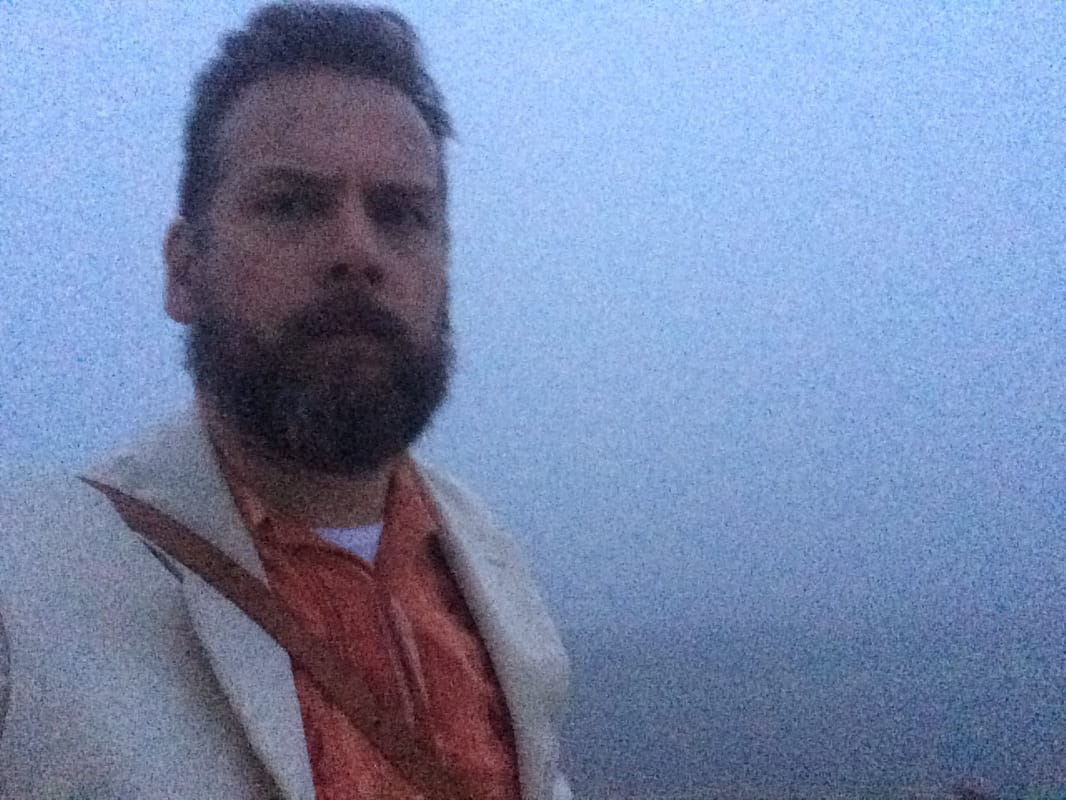|
Based on Michael Morpurgo's 1982 novel and its 2007 play adaptation, Steven Spielberg's 2011 film version was on to a loser. The book was well loved and the theater adaptation had been praised to the heavens. It was unlikely that Spielberg could create something to compete and the fact is his film is little more than a series of compelling moments tied together with a fairly ropey plot, that comes off as a live action version of Spirit. 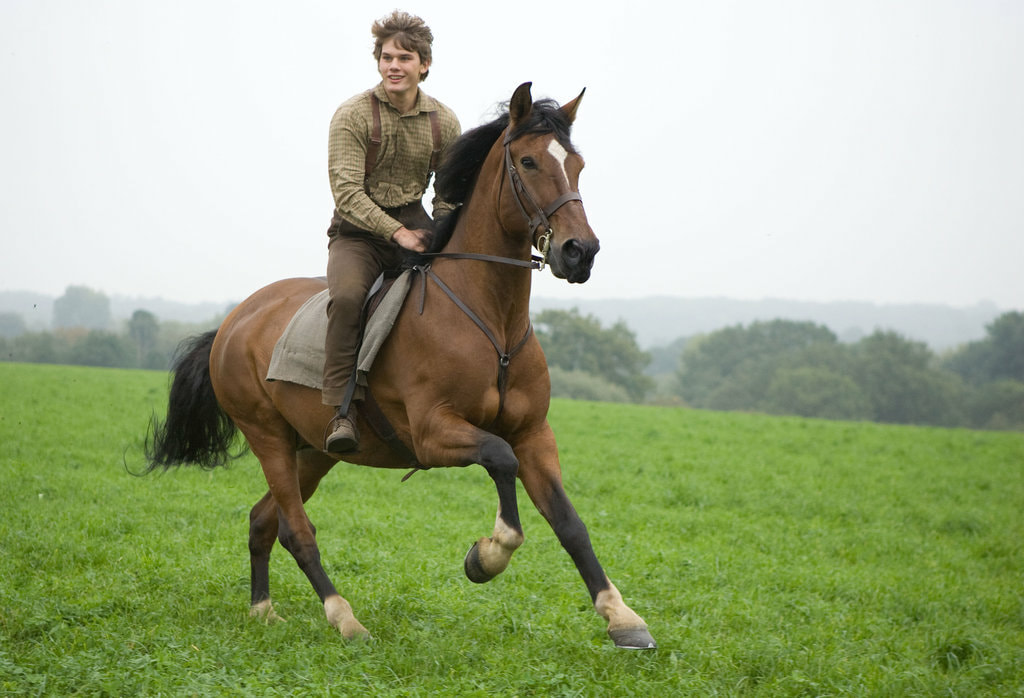 A Devonshire farmer Ted Narracott (Peter Mullan) rashly buys a horse, which his son Albert (played by newcomer Jeremy Irvine) falls in love with, naming him Joey. Their farm is on the poverty line with David Thewlis' evil landlord hoping that the horse will prove alcoholic war veteran Ted's last folly. But somehow a field is successfully ploughed and all seems right with the world. But the war clouds are on the horizon and the horse is sold to a cavalry officer (Tom Hiddleston) bound for the front. The plot shifts to a series of war-based vignettes as Joey takes part in a cavalry charge where the industrial reality of the new war wipes out romantic notions of chivalrous and adventurous derring-do; aids in a desertion; is adopted by a child who is being looked after by her grandfather and finally finds himself in the trenches. Written by Lee Hall and Richard Curtis, the screenplay never fully convinces. This is especially true when the non-English speaking parts talk in a stilted Euro-speak. No one sounds real. The child Emilie (Céline Buckens) is a case in point. As soon as we meet her, we get the impression a) she's a version of Heidi b) she's lost both her parents (in the war, I guess) c) she has a medical condition that would break her bones like Glass and d) she's spirited. Later on we are told she has died for no reason at all. Part of this is no doubt to do with concision and I haven't read the book, so I can't tell if there is more to all this than we are told. But it just feels sloppy. Part of the problem is that we're following Joey's point of view and as cinematographer Janusz Kamiński has stated, the horse's eyes are similar to those of a shark. Say it in a Werner Herzog voice if you like: nature is indifferent and ineffable, utterly uncaring about our romantic notions of it. War Horse - narratively - is like telling the story of Jaws from the point of view of the shark. There are some great members of this ensemble cast - Tom Hiddleston, Emily Watson, Benedict Cumberbatch and Eddie Marsan are all reliably good - but Joey is just this blank reflective space. It also doesn't help that the look of the film changes so radically. The first half hour takes place in a Devon filmed as if this was an early John Ford film. Kamiński over-lights everything, something I've had cause to complain about in the past. Spielberg is no doubt trying for an old Hollywood feel, but it comes off as fake. It's either prayer card shafts of light or a ridiculously bright front lit character, which makes him look like he's standing in front of a back projection. John Williams in his second score for Spielberg in the same year, deploys his serious film sonic wash. Already the film is seriously committed to sentimentality, we don't need the orchestra to keep insisting on what we're already feeling. The set pieces are well done though and the film reminded me of Minority Report. It's like Spielberg has taken to heart what Kubrick said about every film needing five big scenes and everything else gluing that together. The cavalry charge has something of David Lean's Doctor Zhivago to it. And the scenes in the trenches visually quote Paths of Glory, as does the assault on the battle field across no-man's-land. There is a sense of the madness of war and the pain of watching Joey galloping into the barbed wire feels viciously real. But then we have an irritatingly jokey scene about a Tommy and his German counterpart trying to free the horse. The point of shared humanity is well made but there's too much crowd pleasing business, as when they call for wire cutters and a bunch of wire cutters are thrown over the trench. Like Tintin, War Horse feels uncomfortably lodged between a children's film and a more adult drama. The seriousness and the horror needs to be downplayed at times to accommodate the magical and romantic. It's human characters are simply types who could be easily described in a casting sheet - enthusiastic boy, noble officer, little girl - and Joey is well... a horse. The film made money and was considered decent enough by many critics, but it has faded in recent years and is now regarded as one of Spielberg's lesser movies. With Indiana Jones 4, Tintin and now War Horse, Spielberg seemed to be entering a period of his career where he was making okay films. Not great, not awful - well maybe awful - but a kind of polished mediocrity which for me was emphasised by the way the films were increasingly ugly in terms of cinematography with visible digital grading, and an increasingly unreal lighting philosophy. Would it even be worth going to see his next film at the cinema?
1 Comment
27/2/2023 02:46:31 am
Another toxic problem during winter is rat bait, used in greater amounts due to everyone living in close proximity over winter. Keep all toxic items well out of the reach of dogs and other pets and clean up any spills immediately.
Reply
Leave a Reply. |
AuthorJohn Bleasdale is a writer. His work has appeared in The Guardian, The Independent, Il Manifesto, as well as CineVue.Com and theStudioExec.com. He has also written a number of plays, screenplays and novels. Archives
March 2019
|
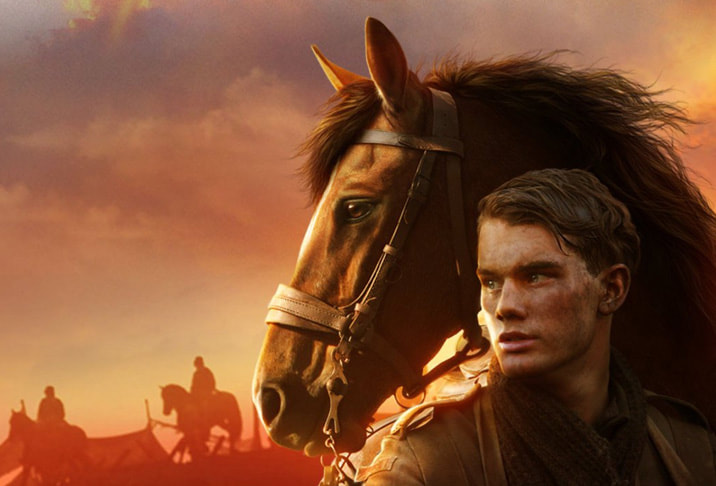
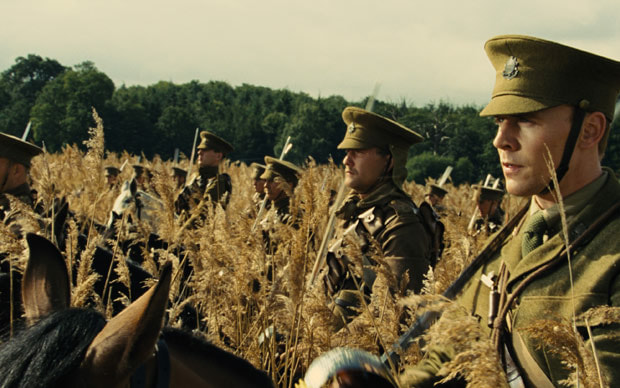
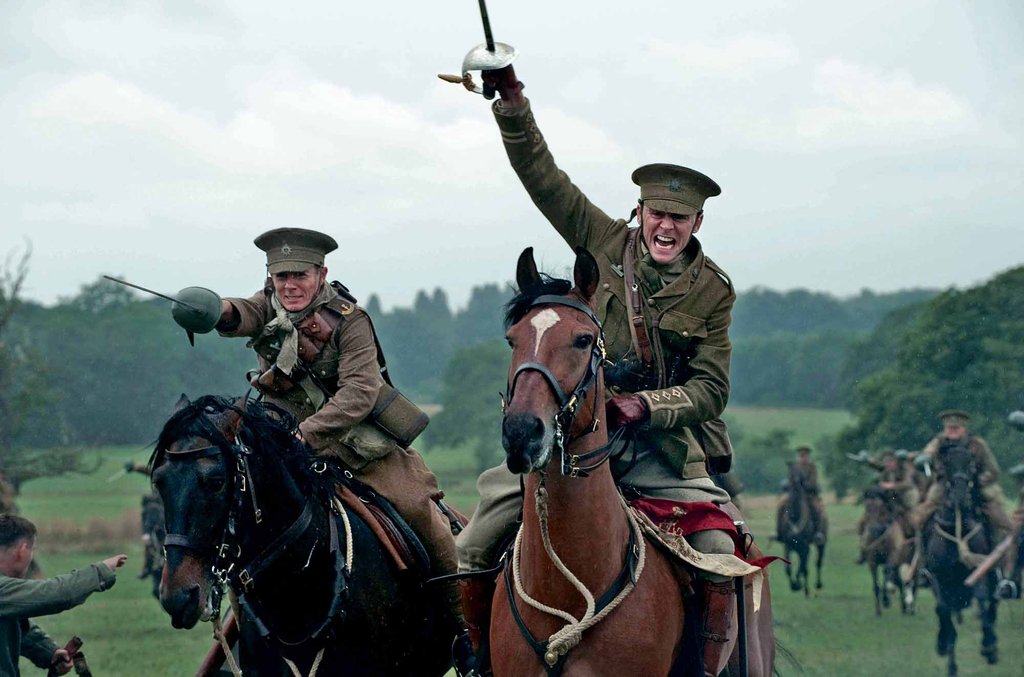
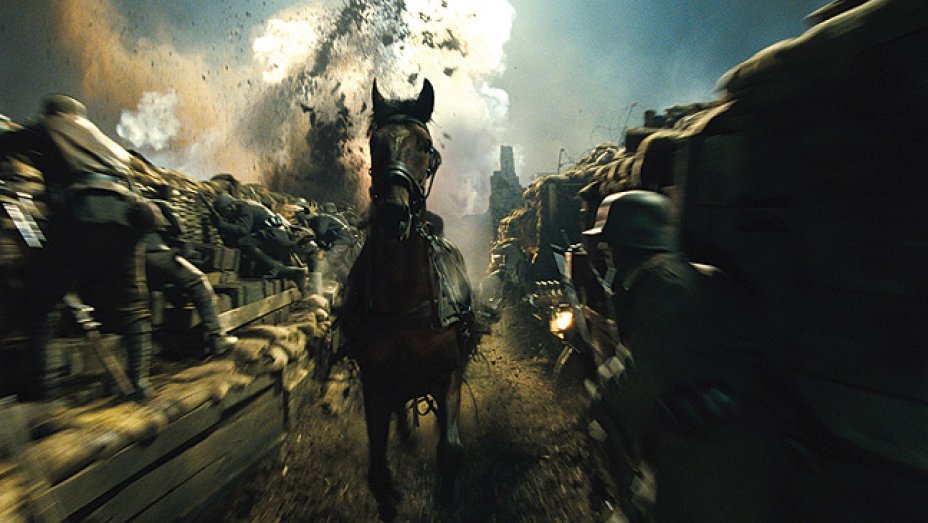
 RSS Feed
RSS Feed
